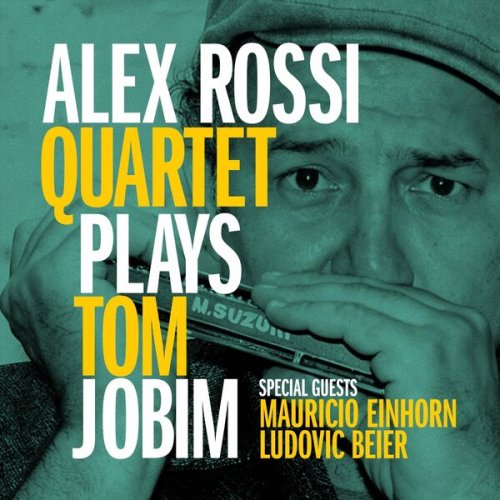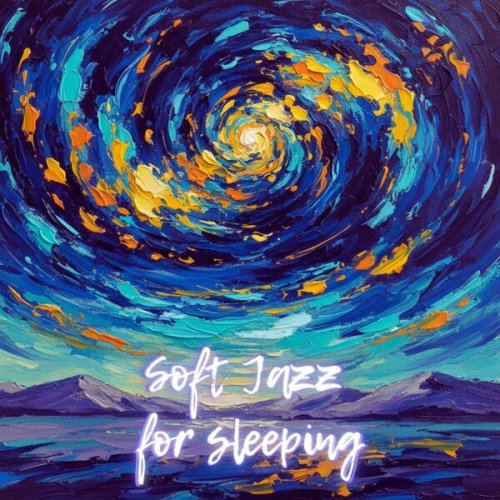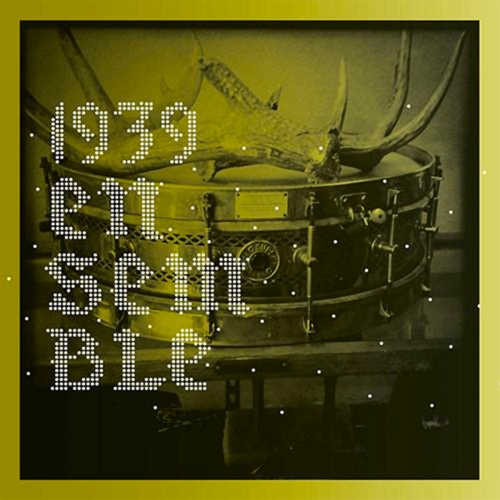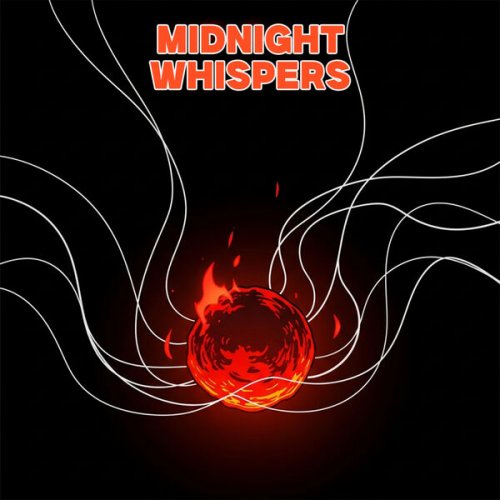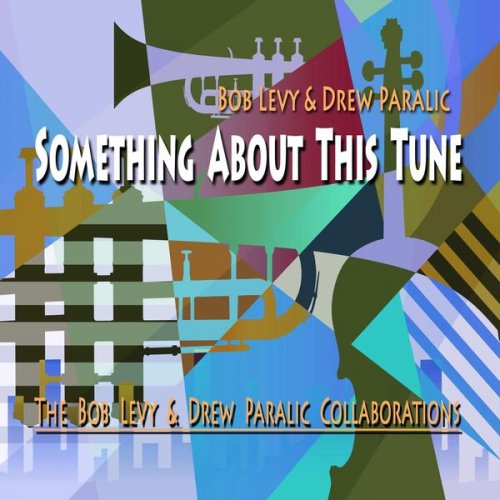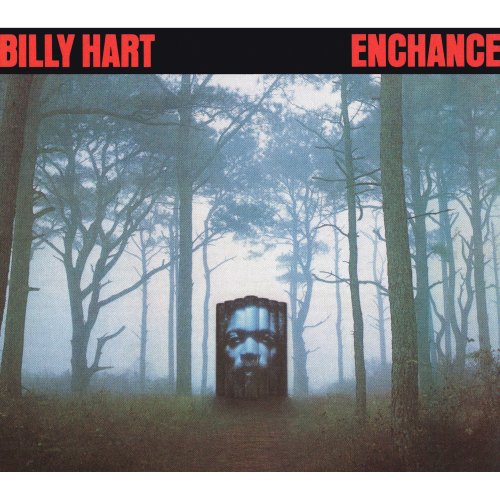Brooklyn Rider - A Walking Fire (2013) Hi-Res
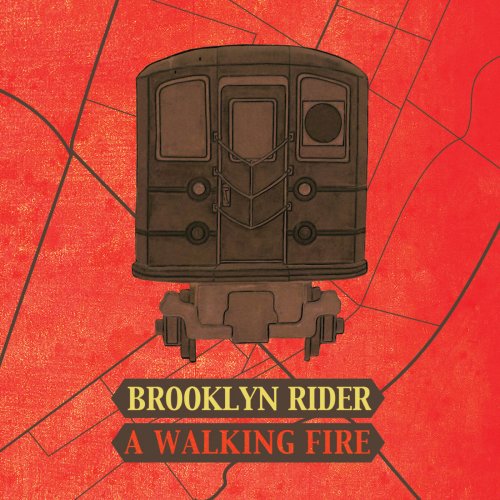
Artist: Brooklyn Rider
Title: A Walking Fire
Year Of Release: 2013
Label: Mercury
Genre: Classical
Quality: FLAC 24bit-96kHz / FLAC (tracks) / Mp3 320 kbps
Total Time: 01:01:47
Total Size: 1.3 Gb / 353 Mb / 156 Mb
WebSite: Album Preview
Tracklist: Title: A Walking Fire
Year Of Release: 2013
Label: Mercury
Genre: Classical
Quality: FLAC 24bit-96kHz / FLAC (tracks) / Mp3 320 kbps
Total Time: 01:01:47
Total Size: 1.3 Gb / 353 Mb / 156 Mb
WebSite: Album Preview
Culai (Ljova)
1. 1. The Game 03:09
2. 2. The Muse 03:21
3. 3. The Song (For Romica Puceanu) 02:41
4. 4. Love Potion, Expired 03:54
5. 5. Funeral Doina (For Culai) 05:04
String Quartet No.2, Sz. 67 (Op.17) (Béla Bartók)
6. 1. Moderato 10:20
7. 2. Allegro molto capriccioso 07:45
8. 3. Lento 08:53
Miniatures (Colin Jacobsen)
9. 1. Majnun's Moonshine 03:41
10. 2. The Flowers Of Esfahan 07:20
11. 3. A Walking Fire 05:39
Performers:
Brooklyn Rider
Johnny Gandelsman (violin)
Colin Jacobsen (violin)
Nicholas Cords (viola)
Eric Jacobsen (cello)
The string quartet Brooklyn Rider, sure enough from Brooklyn, has tried to combine a crossover image with a rigorous approach to contemporary repertory, choosing energetic pieces that might well appeal to rock audiences. One can quibble with individual details of what they do and yet admire the success of the whole package. The 2013 release A Walking Fire offers a good example of what they do with three pieces marked by dance rhythms of various kinds. In a way, Brooklyn Rider tries to carry Bartók's world forward to the present day, and it's hard to argue that if Bartók were alive today, he wouldn't have collaborated with gypsy musicians. The first work, Culai, by Russian composer Ljova (Lev Zhurbin), is a tribute to gypsy violinist and singer Nicolae Neacsu of the band Taraf de Haïdouks. It is a high-spirited, hard-edged work, and it's an absolute rocking and rolling delight. The final Three Miniatures for string quartet by one of the group's violinists, Colin Jacobsen, are based on Persian classical music, and, unusually for performer-composed music in an exotic idiom, they show a good deal of immersion in that tradition. The work is meditative in nature and makes a fine counterpoint to the high-energy Culai. The Bartók String Quartet No. 2, Sz 47, is an ancestor of both these pieces, and the program as a whole holds together beautifully. The work's central Allegro molto movement, based on Arabic material Bartók heard in Algeria (not Nigeria, as the notes state), gets an intense, forceful performance. That's not the only way to go with it; the piece really carries the humor with which Bartók almost always imbued folk rhythms. But Brooklyn Rider's interpretation works well enough in this context, and it is very easy to imagine this program gaining fans from beyond the traditional string quartet audience. If you've been curious about Brooklyn Rider, here's a good place to start.
![McLuhan - Anomaly (2024) [Hi-Res] McLuhan - Anomaly (2024) [Hi-Res]](https://img.israbox.com/img/2026-01/03/17fkljtfa21kq63ydiyulo6tc.jpg)
